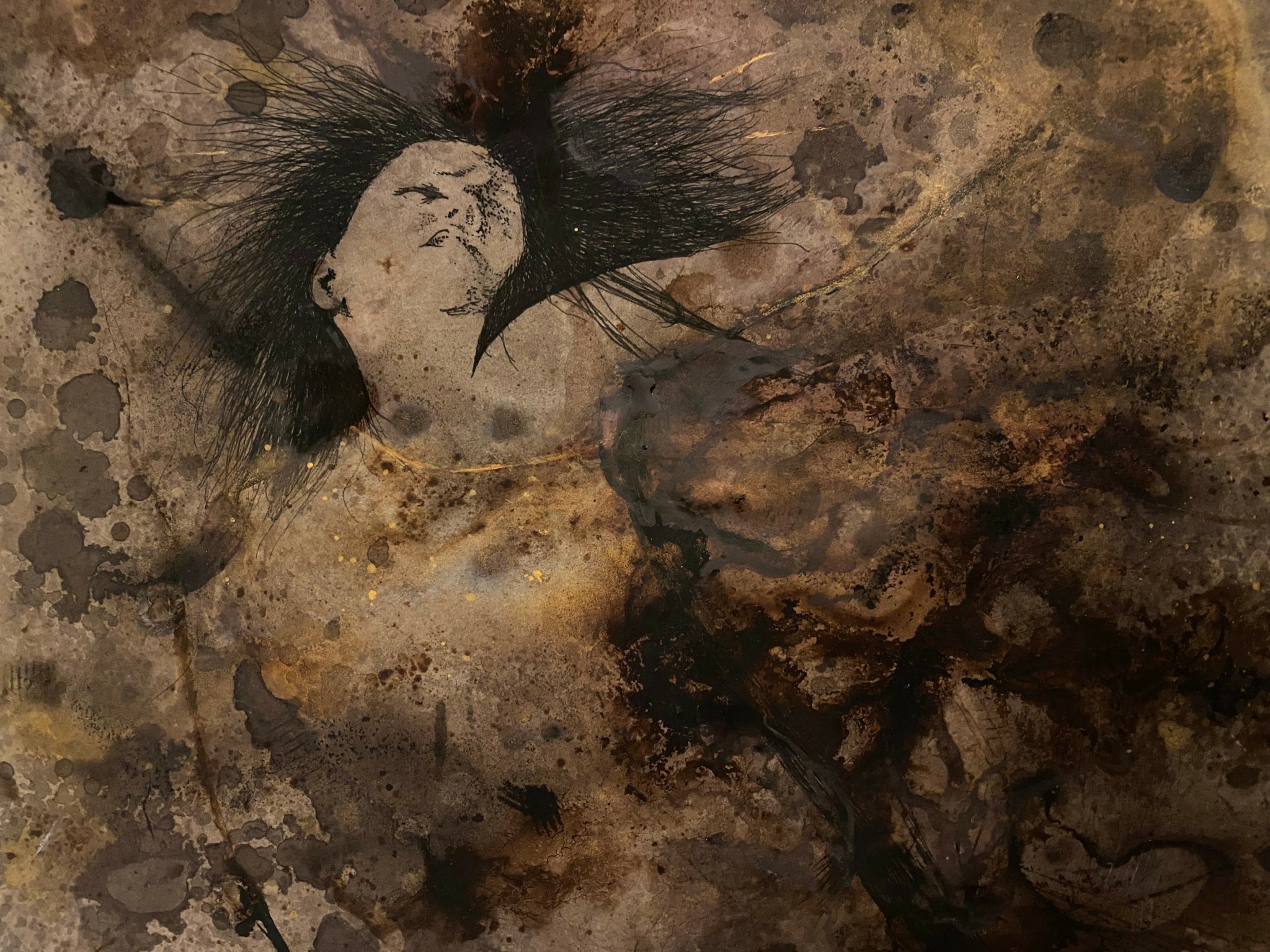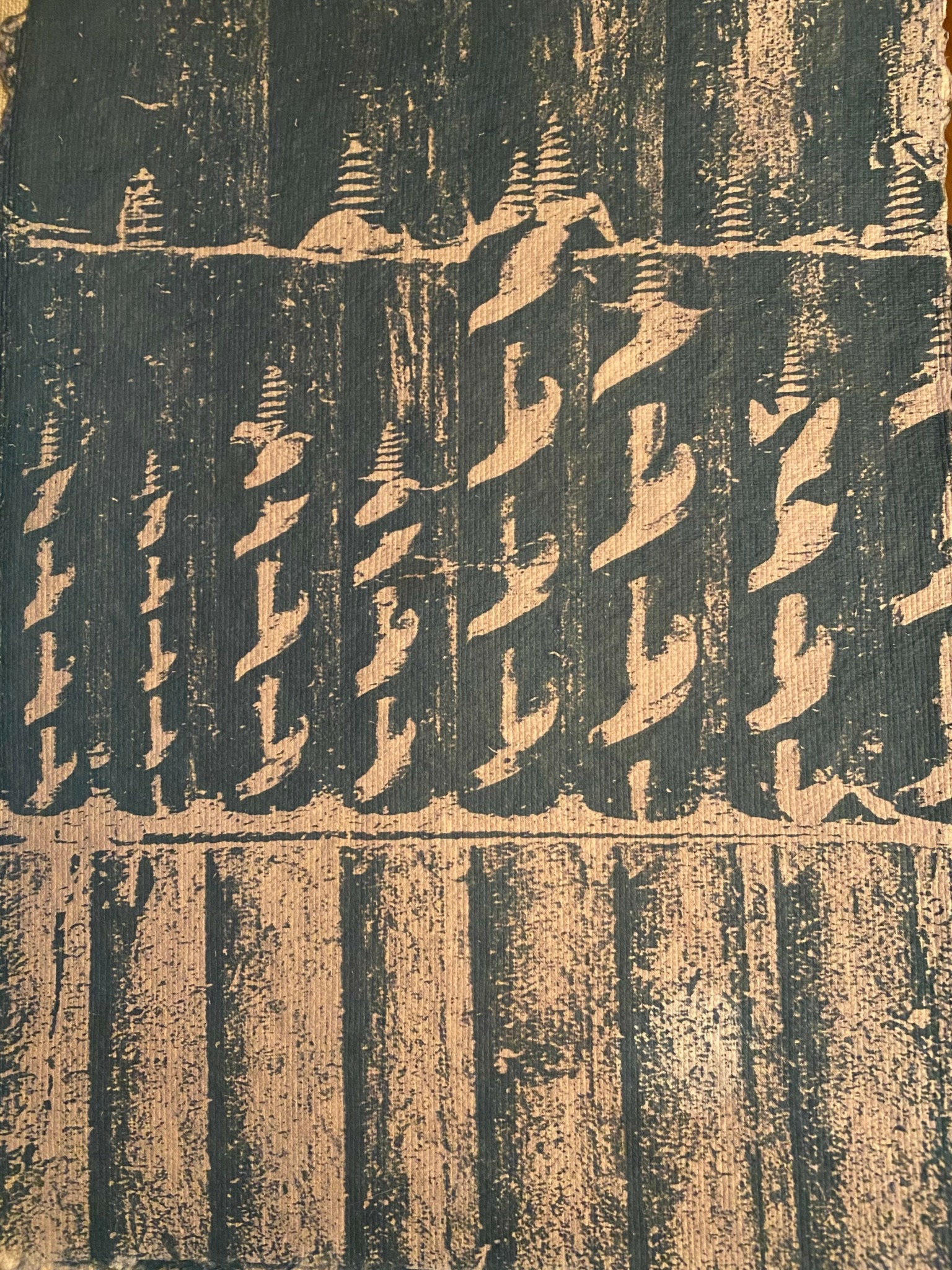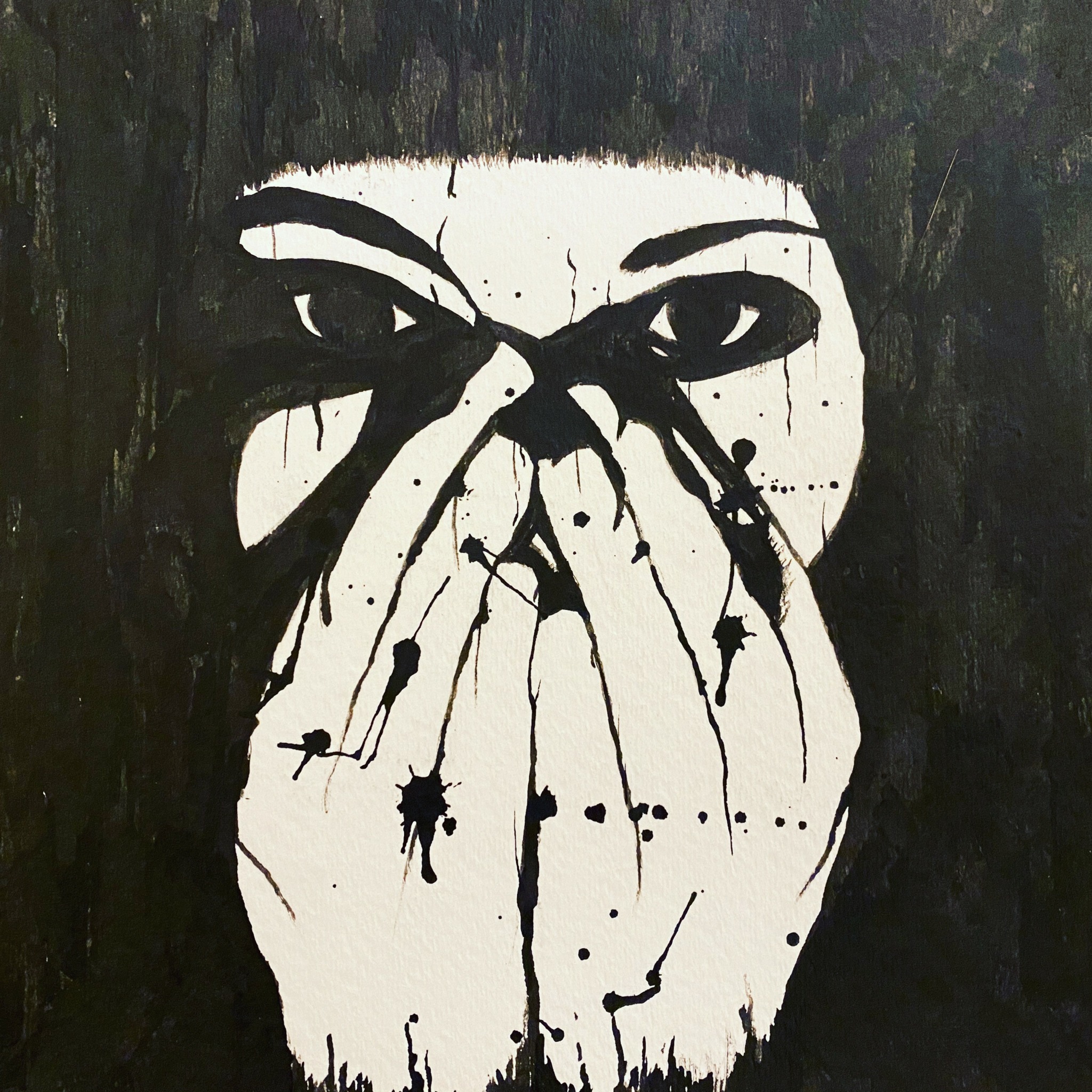We recently connected with Jacqueline Dupré and have shared our conversation below.
Jacqueline , looking forward to hearing all of your stories today. Learning the craft is often a unique journey from every creative – we’d love to hear about your journey and if knowing what you know now, you would have done anything differently to speed up the learning process.
My passion for art began when I was 12, thanks to my mother. She enrolled me in classes with a local artist, Mary Reay, whose guidance gave me a strong foundation in drawing and painting. After class, Mary’s husband, David, would show me his cameras and explain his process as a photographer. That experience sparked what would become a lifelong fascination with photography.
For years, I didn’t see art as a realistic career option. I attended trade school and worked various jobs to make ends meet, always yearning for something more creative. Financial hurdles were a huge obstacle especially with film photography. Discovering old cameras and alternative processes helped me explore art on a tight budget and forced me to become more resourceful.
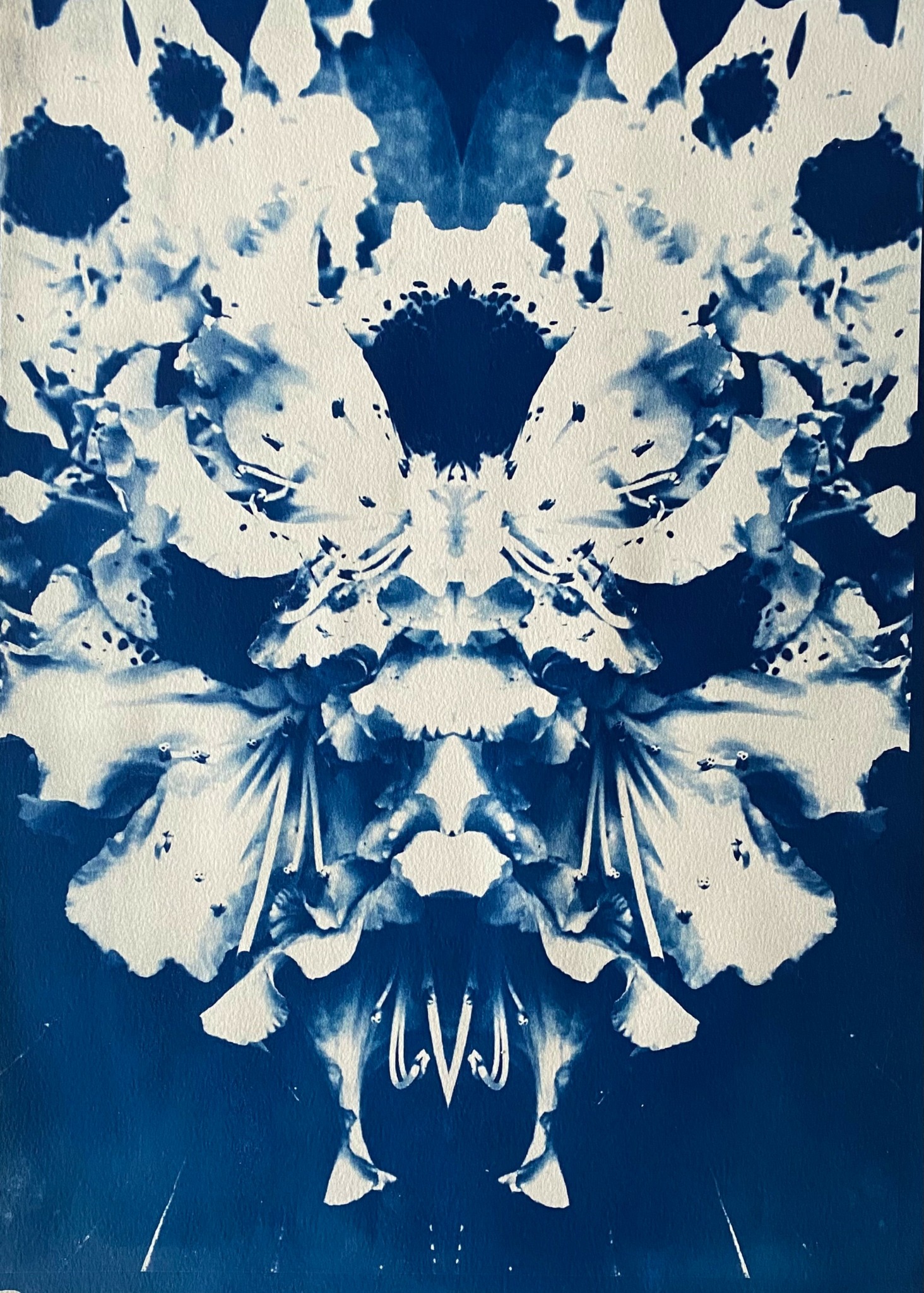
Great, appreciate you sharing that with us. Before we ask you to share more of your insights, can you take a moment to introduce yourself and how you got to where you are today to our readers.
I consider myself an experimental artist at heart. In photography, I use toy and handmade cameras, expired film, alternative processes and printing techniques to achieve unique and unexpected results. When it comes to mixed media, I incorporate found objects and unconventional tools to create pieces with rich textures and forms. For me, the process of discovery is just as important as the final outcome. It is about allowing the materials I use guide me through the process.
I am a slow artist, one piece may take weeks or even years to complete. I get such satisfaction in the meticulousness of my approach, I feel there is a beauty in taking my time to savor each step in the process and to allow the art to evolve organically. It creates a deeper connection between me and my work.
My childhood mentor, Mary Reay, opened my eyes to the fact that music is essential to my artistry. I often find it challenging to thrive in conventional learning settings alongside other students, as they hinder my creative focus. Music acts as a bridge, connecting my inner thoughts and emotions with the art I create. It helps me to convey feelings and thoughts that I have difficulty expressing. It is not uncommon for me to write a playlist of music on the back of a canvas. Viewers are encouraged to get lost in the art by listening to the songs for an immersive experience
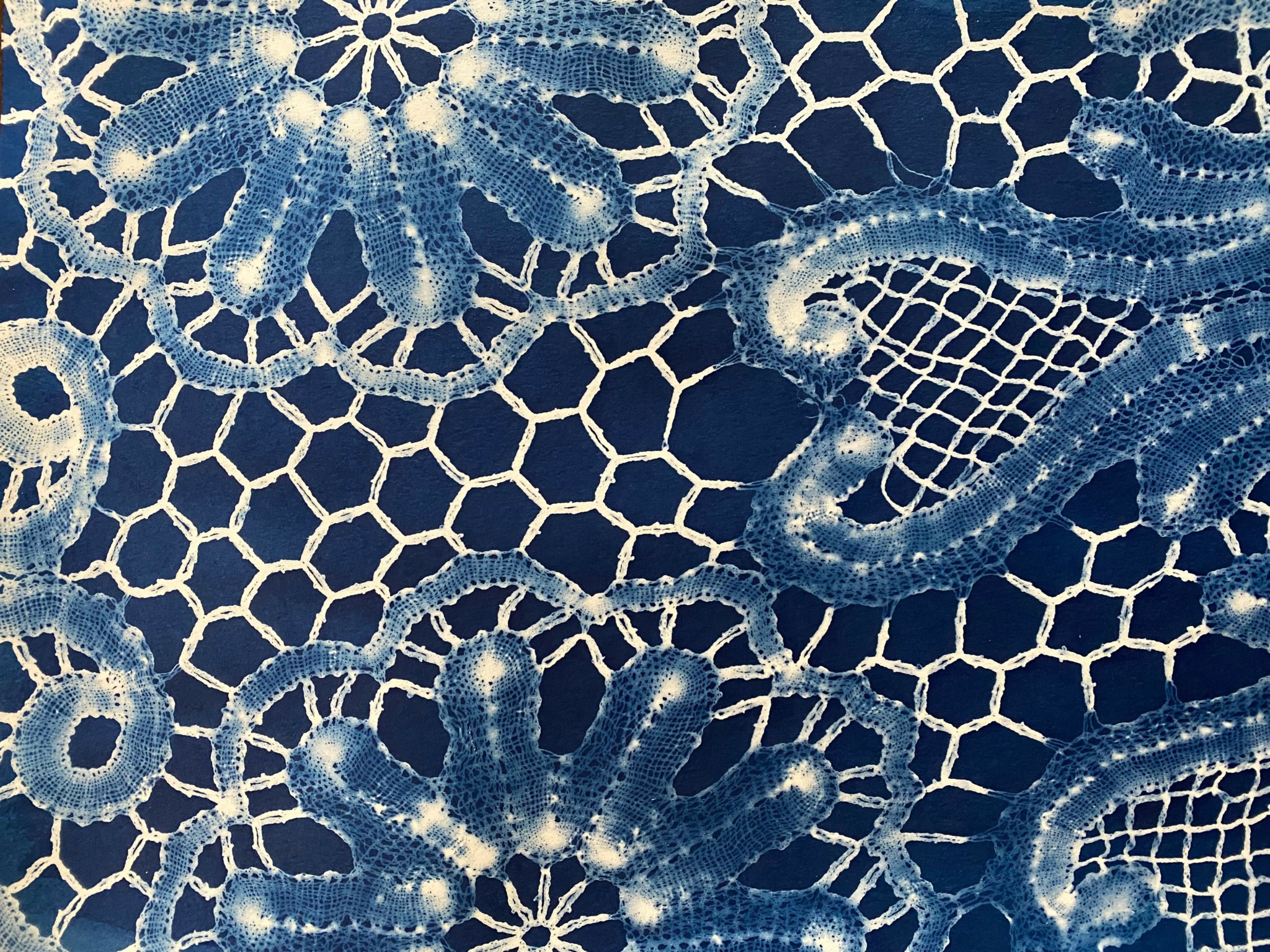
For you, what’s the most rewarding aspect of being a creative?
I currently serve as president for a nonprofit art organization and sharing my passion for creativity with not only my fellow artists but with the entire community is a truly rewarding experience. Having the opportunity to encourage others to find their creativity is an honor.

Looking back, are there any resources you wish you knew about earlier in your creative journey?
Technology has opened so many creative doors for artists. In my early years as an artist, I had to rely on library books to research techniques which was limited. Now, computers have made the creative learning process accessible to everyone. It has also made it possible for artists to promote themselves globally allowing for many more opportunities than in the past. I wish it was available to me as a young artist but am grateful we have the innovation now to continue to explore and grow.
Contact Info:
- Website: https://Jdupreart.com
- Instagram: @jdupreart
